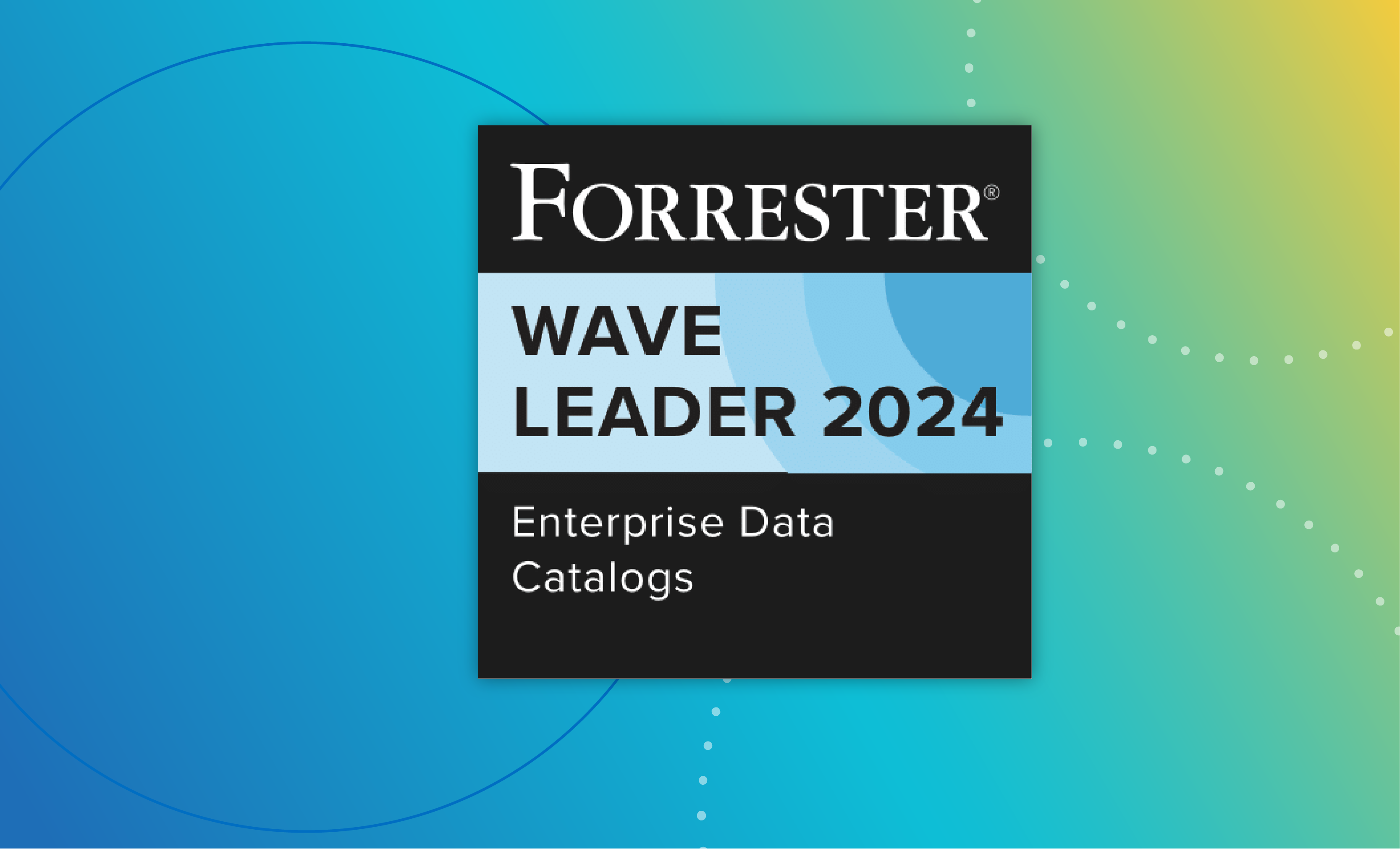As our digital age advances, data professionals everywhere grapple with the relentless wave of ever-increasing data.
The rapid evolution of technology and the continuous creation of new data are making it increasingly difficult for organizations to manage — let alone make sense — of a vast, complex data landscape.
Fear not! Our recently released Data Catalogs For Dummies, Collibra Special Edition can help you navigate the tumultuous data ocean.
But perhaps you’re wondering what a data catalog is and why it’s indispensable for enterprises today?
The purpose of a data catalog
So what’s a data catalog? And why does your organization desperately need one?
It comes down to this: You can’t manage what you don’t know you have.
A data catalog serves as an inventory of your enterprise’s data assets, making it easier for users to find, use, and trust the information they need. By leveraging metadata (data that describes other data), data catalogs enable the discovery, description, and organization of data sets.
Think of a data catalog as the Dewey Decimal System of the digital world. Just as the Dewey Decimal System categorized books in a library, data catalogs classify digital assets within an enterprise, making data discovery much more manageable.
The data catalog explosion
Digital transformation is driving the global economy, pushing organizations to move massive volumes of data across intricate hybrid cloud environments, data lakes, and data warehouses. This shift has led to a fierce market for solutions that help get more value out of data, making data catalogs an essential component of modern enterprise data management.
Savvy data leaders are using data catalogs as an essential component of modern enterprise data architecture. They know how difficult it is for modern enterprises to leverage distributed data in a safe, trustworthy, and reliable manner.
However, not all data catalogs are created equal.
Legacy approaches fall short
Legacy approaches to data management, such as those found in embedded and tactical data catalogs, fall short in a number of ways.
- Siloed: Legacy data catalogs are often siloed and only provide information about a specific data source or set of data sources, making it difficult to get a comprehensive view of organizational data.
- Manual: Legacy data catalogs are often manual, which means they require a lot of time and effort to maintain, which can make it difficult to keep the data up-to-date.
- Slow: Often, legacy data catalogs aren’t integrated with other data management tools, which can make it difficult to use them to automate data workflows and, ultimately, slow critical decision-making.
Enterprise data catalogs address all of these limitations. They are designed to provide a comprehensive view of the organization’s data assets, they are automated, and they are integrated with other data management tools. This makes them a powerful tool for data management and governance.
Data catalogs for all
It’s not only about delivering better features; modern enterprise data catalogs also must serve a broader range of organizational functions and technical abilities.
In the early days, data catalogs catered mainly to technical users within IT organizations. However, the modern user landscape has changed dramatically, with data professionals now occupying every corner of the business world, from finance to product management, marketing to sales.
To achieve broad adoption and effectively manage the data tsunami, it’s crucial to select a data catalog that serves all of these roles equally well.
Here are some of the key features to look for in a data catalog:
- Ease of use: The data catalog should be easy to use for both technical and non-technical users. This means having a user-friendly interface and providing clear and concise documentation.
- Comprehensive view of data assets: The data catalog should provide a comprehensive view of the organization’s data assets. This includes information about the data’s location, format, quality, and lineage.
- Designed for collaboration: The data catalog should allow users to collaborate on data. This includes the ability to share data, comment on data, and track changes to data.
By selecting a data catalog that meets these criteria, you’re in a great position to drive broad adoption.
Don’t get swept away | Get Data Catalogs For Dummies
The ever-expanding digital world created a data tsunami that challenges organizations across every industry.
Data catalogs have emerged to help navigate the deluge of information and offer a range of benefits, including:
- Improved data quality: A data catalog can improve data quality by providing a central repository for data definitions and lineage, ensuring data consistency and accuracy.
- Increased data discovery: A data catalog can increase data discovery by making it easier for users to find the data they need, driving better decision-making and productivity.
- Reduced data risk: A data catalog can reduce data risk by providing a central repository for data governance policies, ensuring data is used in a secure, compliant manner.
Don’t get swept away by the data storm – harness the power of a data catalog and ride the wave to success! Discover how data catalogs can help you and your team in the fight against unreliable, untrustworthy data.
With your copy of Data Catalogs For Dummies, Collibra Special Edition, you’ll learn how you can:
- Take steps to control your data
- Identify the right data catalog
- Maximize the value of your data catalog
- Use your catalog for governance and privacy
- Build a foundation for data intelligence
Get your free copy of Data Catalogs For Dummies, Collibra Special Edition today.




